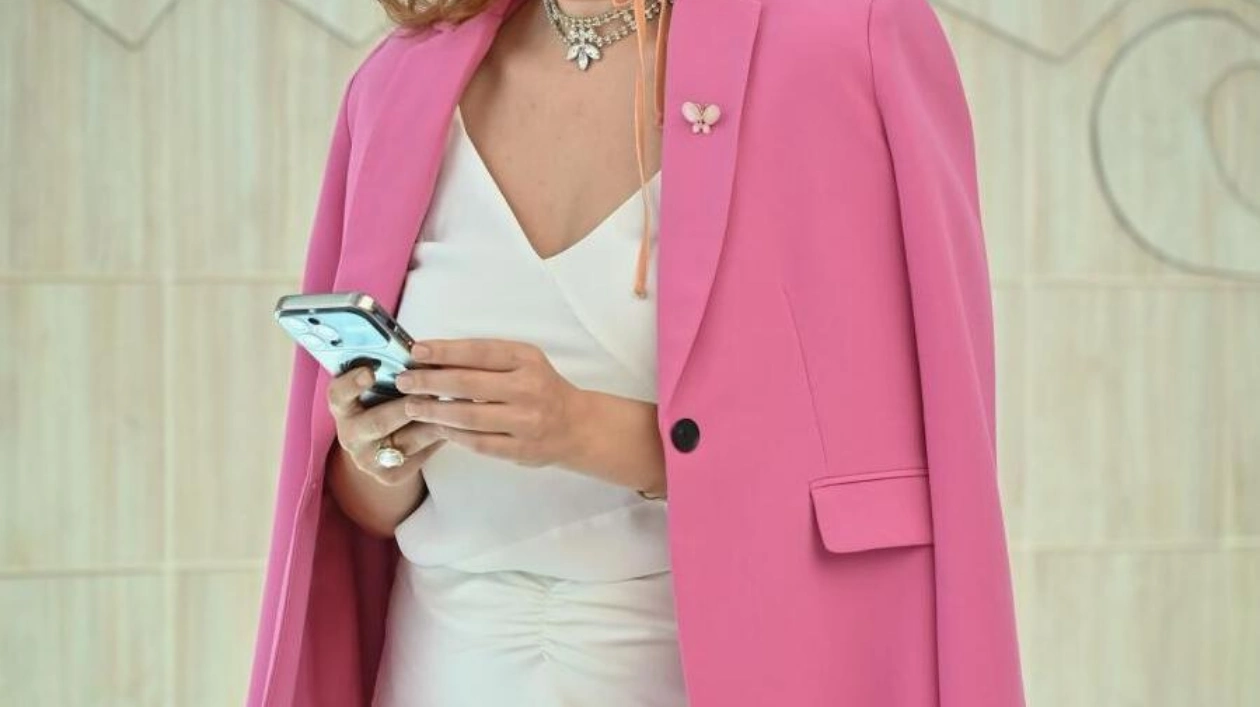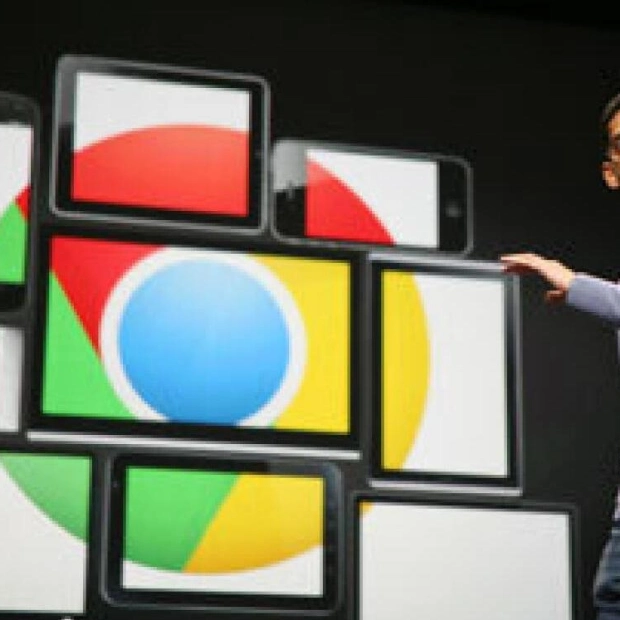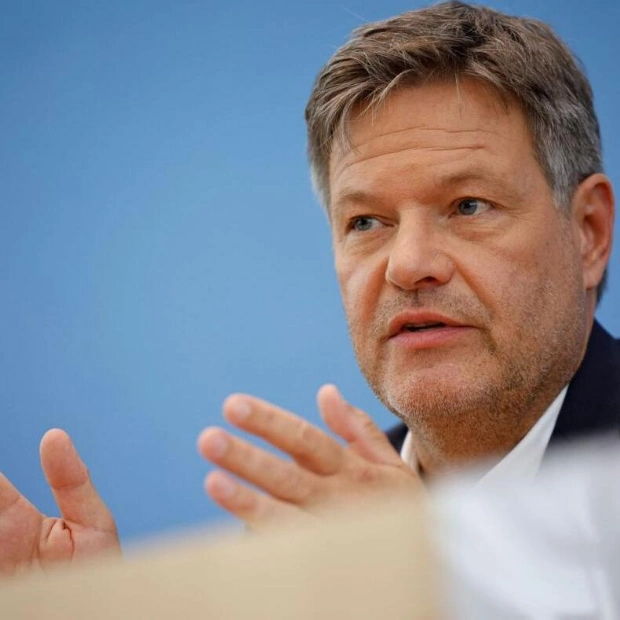Andreea Zoia, a UAE-based executive public speaking coach, assists individuals from various backgrounds, including CEOs and royalty, in finding their voice and confidence on stage. What makes her unique is her ability to go beyond the usual 'technical' coaching. In an interview with City Times, Andreea discusses how she explores the depths of a person's psyche to understand the underlying fears and anxieties associated with public speaking. Here are some excerpts from the interview:
Andreea experienced fragmented confidence as a child but ventured into presenting in the UAE as an expert. Public speaking and mentoring became her means of confronting her fears subconsciously. Despite lacking confidence initially due to selective mutism, a condition developed after her father's passing, Andreea pursued a career in public speaking. While she excelled academically, verbal communication posed a challenge for her. After moving to the UAE, she initially worked as a model but eventually transitioned to presenting due to her love for people, energy, the stage, and entertainment. It took time, but she gradually developed her abilities and expertise.
Having overcome selective mutism, Andreea now possesses a unique gift - an innate understanding of every individual she encounters. She can gauge their psychological state by listening to the nuances in their voice and observing their micro-expressions. This enables her to decipher their troubles and barriers to expressing themselves confidently.
Andreea wishes she had been told early on in her public speaking journey that it's alright not to possess extensive knowledge but instead focus on what one does know. Embracing and being proud of one's own knowledge and experience, regardless of age, is key. Believing in oneself and recognizing God's belief in one's existence are also crucial aspects she would have liked to have known when starting out.
One of the primary fears people have regarding public speaking is being overly self-conscious. Andreea emphasizes the importance of falling in love with the message being conveyed and shifting the focus onto the audience. By centering on the core message, stories, and desired outcomes rather than oneself, individuals can break the cycle of self-focus in public speaking.
According to Andreea, the foremost quality required for public speaking is the intention to generously share one's message with the audience. Being a generous person with a genuine desire to communicate one's message helps establish respect and thought leadership.
Empathy plays a crucial role in public speaking as it enables better connection with the audience. When individuals are nervous and rigid, their emotional connection is compromised. By activating empathy, recognizing the potential within their own voice, and connecting with their emotions, speakers become more expressive and establish a stronger connection with their audience. This emotional engagement amplifies the power and relatability of the message.
When it comes to memorizing speeches despite a busy schedule, Andreea advises prioritizing care for the audience and employing a technique she developed out of necessity. Breaking down speeches into single words on post-it notes and physically traversing through them helps establish a kinesthetic relationship between the speaker and the message, thus aiding memorization.
In the culturally diverse society of the UAE, Andreea encourages individuals to embrace their accents. She acknowledges that accent diversity is a beautiful tapestry of identity in a country celebrating over 200 nationalities. Individuals may feel hesitant due to shame or fear surrounding their accents, but Andreea reminds them that their accent is not just a sound; it reflects their roots, ancestry, and unique identity. Celebrating their accent honors their heritage and brings authenticity to their communication.
Andreea shares a story emphasizing the significance of authenticity in communication. She had a student who held a PhD in education but struggled to express her true opinions due to academic constraints. The fear of conflicting with her professors' views stifled her. However, through guidance and a safe space, she discovered the power of her authentic voice. Once she embraced her true self, her communication transformed, and she felt liberated.
Andreea believes that authenticity is binary - one either is authentic or is not. Being opinionated, standing firm in one's beliefs, and accepting that not everyone will like them are all part of being authentic. Genuine self-expression is critical for building trust and connection with the audience.






